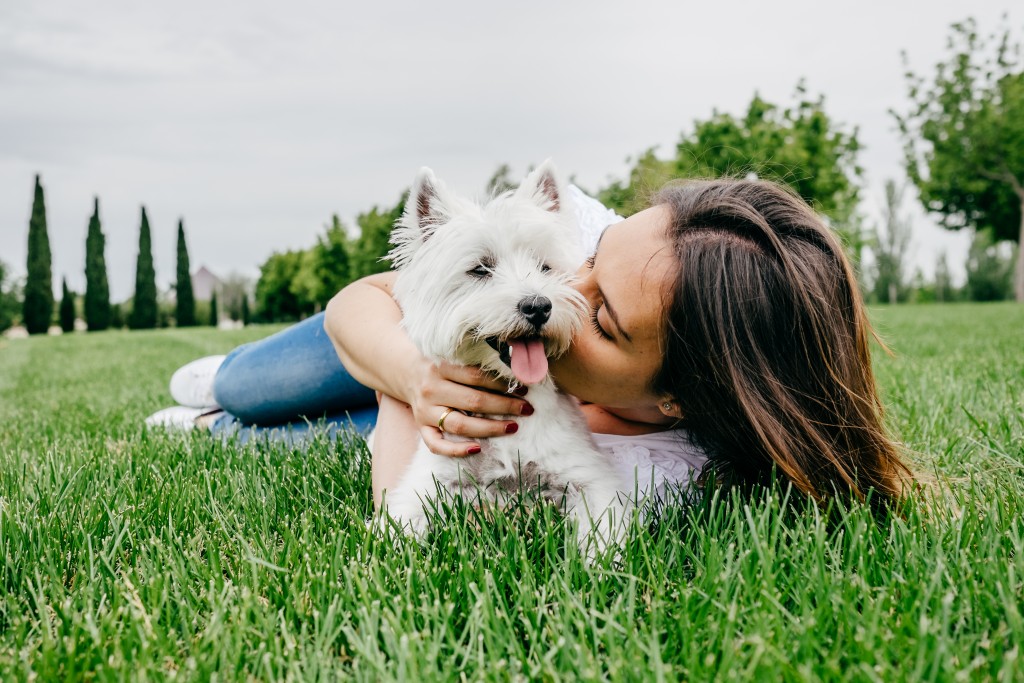Puppies are simply irresistible. We can’t help but gush about how adorable they are. We also marvel at their intelligence when they perform tricks or obey their owner’s commands. But if you have never been exposed to a dog, you’re probably unaware that caring for one isn’t really much different from caring for a toddler.
Of course, puppies don’t need to be watched over constantly like toddlers do, but they can get hyperactive. If you don’t train them well, all of your shoes will be their chew toys, and they’ll probably see your entire home as one big toilet.
Hence, aside from being attentive to your pup’s needs, consider signing them up for an effective dog training program as well. Your pooch will meet a lot of friends in the camp, so they’ll also learn to socialize.
But even before adopting one, here’s everything to note, especially if you have young kids:
It Takes Commitment
Caring for a puppy is time-consuming. They need to be fed three to four times a day, and be taken outside afterwards, so they relieve themselves. But they may still do their business inside your home until they get potty trained.
Puppies can be destructive as well. They like to chew and eat random things. They can’t be left alone for long periods, or they’ll go on a destroying spree. You can put them in a crate if you need to leave them alone for a time, but they can’t be locked in for too long, either, because they may have trouble holding their bladders and bowels.
At night, they may wake you up because they’re bored. So if you’re not ready to clean up their mess, play with them, and be woken up at night, then reconsider your decision to adopt a puppy.
Not All Puppies Are the Same
Research about your desired breed first. Large dogs require more expensive supplies, unlike smaller ones. Some may also remain active as adults, while others become calmer.
Take note of their hair coat type as well. Some are more prone to shedding. But low-shedding dogs are actually more high-maintenance, as they need to be taken to a groomer regularly.
Puppy Maintenance

Before taking your puppy home, you need to be complete on supplies. Have their leash, collar, food and drink bowls, food, bed, crate, toys, and grooming essentials ready.
You also have to find a veterinarian for your pup’s vaccines and physical examination. Their first vaccine should be administered when they’re already 6 to 8 weeks old. And at 16 to 18 weeks old, boosters will be injected.
Be particular about their diet as well. Find out the food and plants that are toxic to them, and be sure that they’ll stay away from those.
Teach Your Kid to Play with Dogs Safely
Kids can get overly excited when they see the new member of the family. But don’t let them pet it yet. Warn them first that the pooch may be afraid, and hence may bite.
You and your kids should stand a couple of inches away from the dog while offering your palm. Wait for them to approach first and sniff. Once the pup realizes that you’re their family, they’ll warm up and learn to trust you. Gently stroke under their chin so they can see your hand.
When the puppy is sleeping, tell your kids not to bother it. They should wait for it to wake before playing fetch.
The first few months of caring for a puppy can be overwhelming, and your patience will certainly be tested. But the love of a dog is incomparable, and it will be one of the best kinds you’ll ever receive. So, don’t give up of them!

